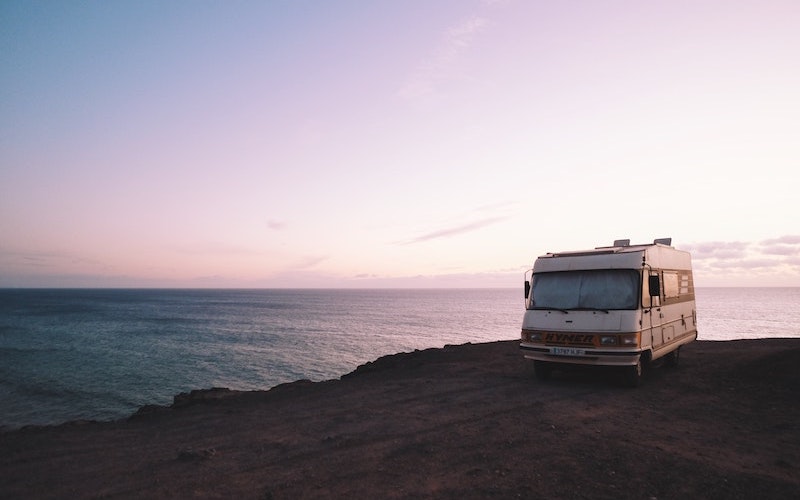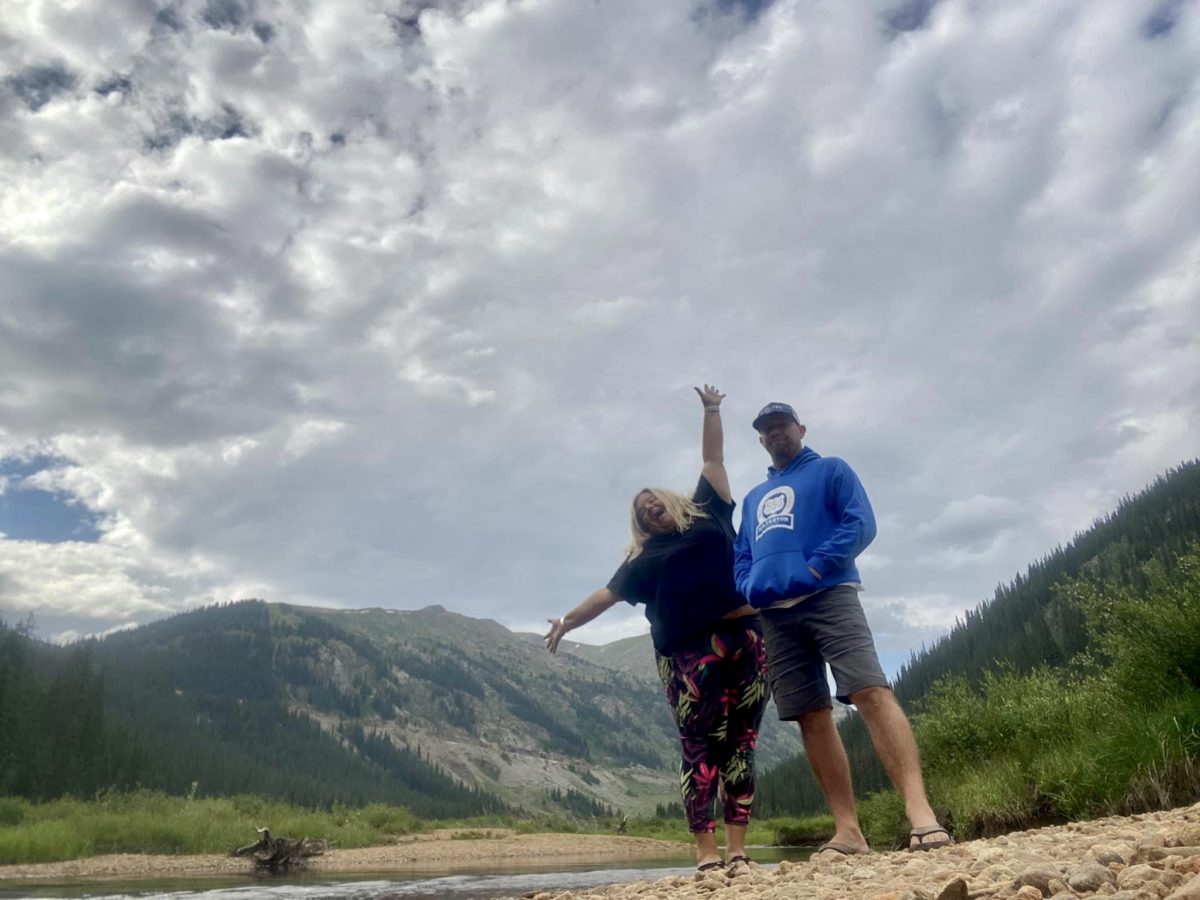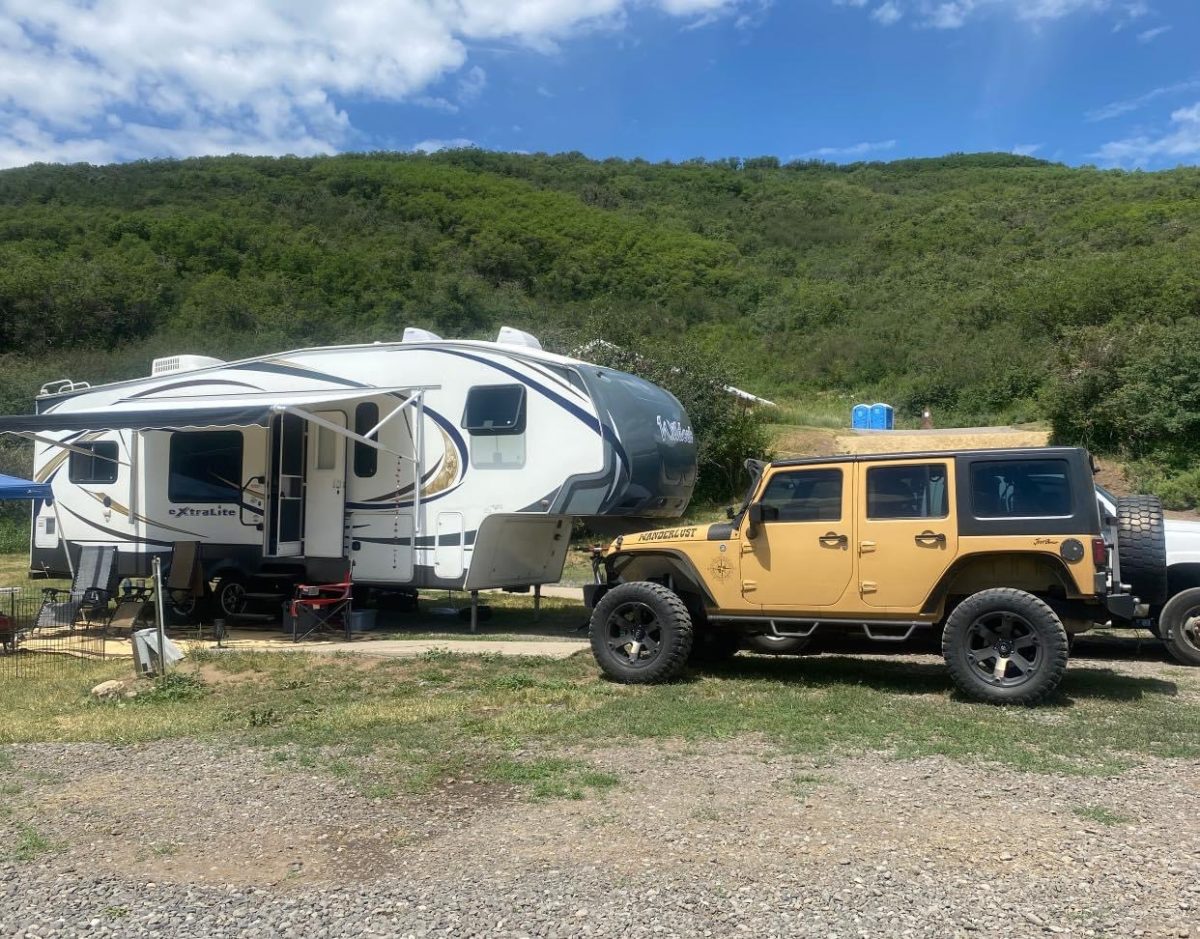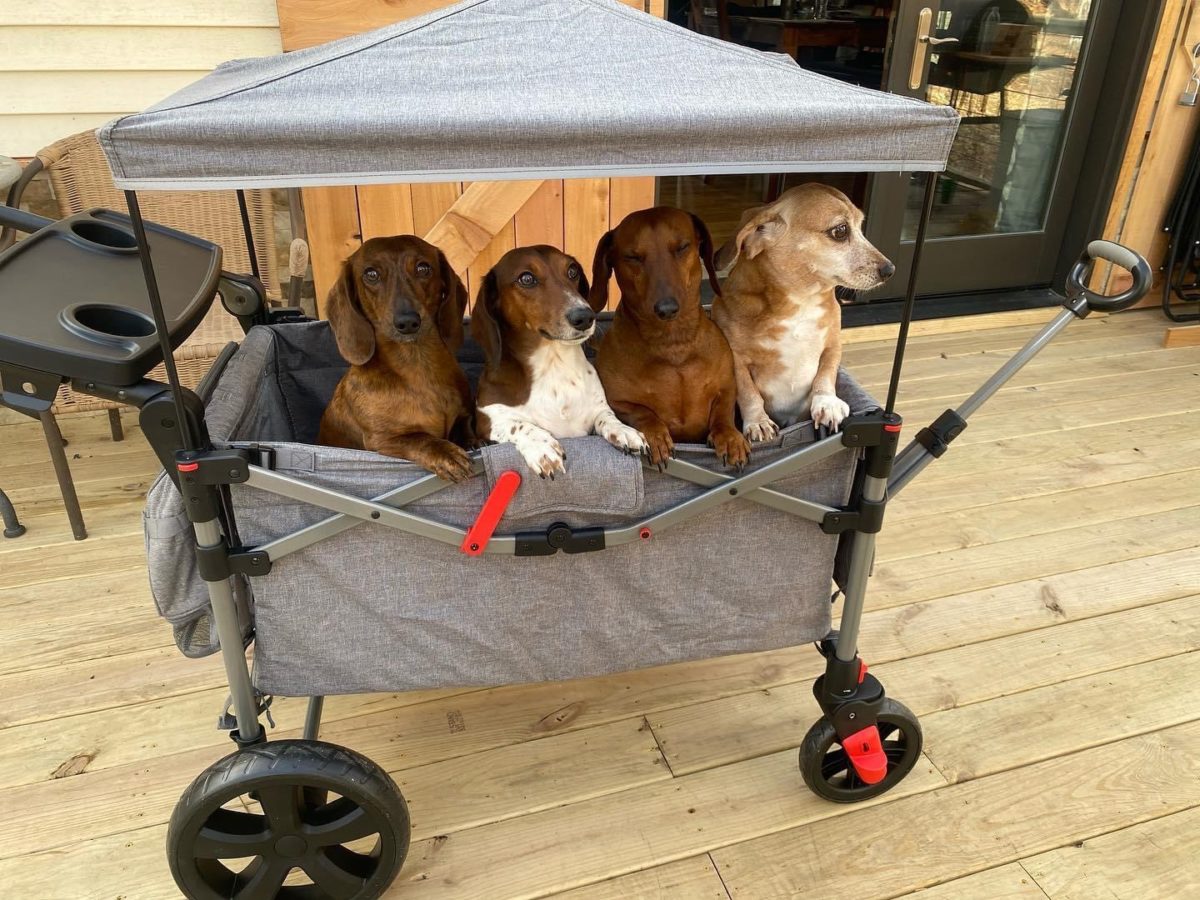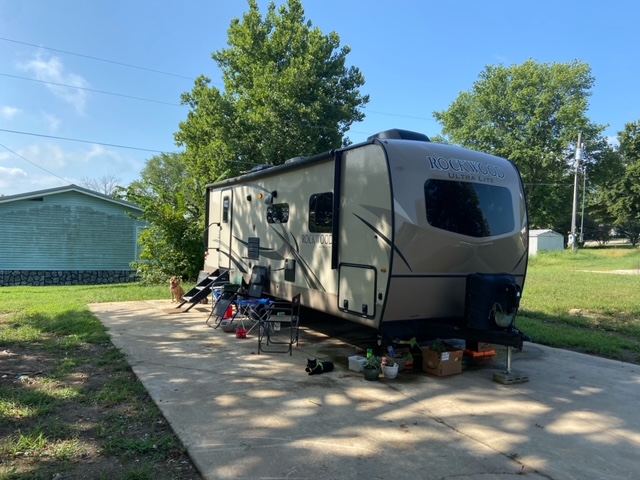From the motorcycle-riding classic Easy Rider to National Lampoon’s Vacation, Hollywood has expertly captured the twists and turns of a good road trip. As a travel nurse, you likely appreciate the open road more than most.
Travel nursing grants health care professionals the unique opportunity to care for patients across the nation, from Maine to California and everywhere in between. We support nurses who drive to their next assignment and those who fly, those who stay in hotels and those who share Airbnb’s with others on assignment.
We reached out to two of our nurses, Becky and Sammie, about their travel experiences and why they’ve ditched those hotels and rental properties for the RV life.
Below are the reasons why they say you, too, should make the switch.
Home, sweet, home
One of the hardest parts of traveling is being away from home. Rather than staying in a cold hotel room or feeling like a guest in someone else’s rental property, RVing allows you to bring your home everywhere you go.
“My home goes with me wherever I’m at,” said Becky, who’s been a travel nurse for two years. “It’s my own bed, it’s my own closet. I love that I don’t have to pack and unpack, and find housing. I just have to find a place to park it.”
Sammie, who’s been in health care for 28 years, started her travel nursing journey 18 years ago with a contract in St. Thomas. Earlier this year, she started her RV travel journey, and she echoed Becky’s sentiments:
“To me, the biggest thing is I get to come home to my own home environment,” she said. “It’s my blankets, it’s my sheets, it’s my pillow, it’s my environment, it’s my comfort zone. That’s probably number one. I don’t feel like I’m throwing my money away to somebody else because I’m able to instead pay off my camper … It just makes sense to live in our RV.”
Fun for the whole family
Sammie was in Florida when her husband purchased an RV off the showroom floor and drove halfway across the country to surprise her. It was their lifelong dream to own an RV and see the country, and travel nursing has granted them the opportunity to explore the country together with their four (yes, 4!) dachshunds.
“My husband and I are very adventurous. We have camped from day one, and we have our dogs with us, so we don’t have to fight trying to find a place for our dogs. Especially during COVID, it was a safe place to come home to,” Sammie said.
Becky travels with both a dog and a cat, and she agreed it can be difficult to find housing that’s pet friendly, which is partly why she started her RV adventure.
“I joined some Facebook groups and was looking at it and was like, ‘Oh, that will probably work,’” she said. “If my dog tears something up, it’s mine!”
Endless opportunities
One of the exciting parts of traveling in an RV is the ability to stay where you want for as long as you want.
Becky said she goes to Google to find RV parks close to her next assignment, calling to check availability. Once she settles on a spot, a company tows her trailer so she can travel without a truck: “Once it’s parked for an assignment, it’s parked.”
Sammie, on the other hand, has a fifth-wheel camper and doesn’t mind the extra driving. She enjoys the flexibility of traveling to different campsites to explore all her assignment has to offer:
“Maybe we want to go explore. Maybe we’ve seen enough of this campsite and want to go somewhere else—Why not? It’s like camping all of the time, and we have our kayaks with us, so we take our kayaks, we go fishing, we have it all,” she said, noting that campsites have offered her monthly rates (as opposed to nightly or weekly) to accommodate her needs while she works within the community.
Driving drawbacks
Every assignment comes with a bump or two in the road. Just as a home has its creaks and quirks, it can take a bit of time to get to know your RV. As you enter higher elevations and colder months, those who travel in RVs must consider the elements: “It’s a tin box – literally. When it rains, you hear every raindrop. And if it’s really cold, you can get frozen out,” Becky said.
The two big items on Sammie’s list? WiFi and laundry. While her 2013 model doesn’t have these features, she’s planning to ensure her next RV is equipped with both.
Time to hit the road
Before embarking on your next assignment, we’ve compiled a few tips and tricks to consider when starting your RV journey…
Tip #1: Assess your space
The first thing Becky looked for when purchasing her RV was space: “I just wanted to make sure that I wasn’t going to feel claustrophobic.”
Your RV will be the place you return to after a long shift at odd hours of the day and night. It’ll be where you eat, sleep and relax, so make sure you find one that accommodates your needs.
Tip #2: Check in with your campsite
Unlike a hotel room or a rental property, your hot water may be limited in an RV. Make sure the campground you’re staying at has showers if your RV doesn’t have that capability.
Tip #3: Be prepared
Make sure you have a savings or cash reserve to cover unforeseen repairs, such as when a hose or tire needs replacing.
Tip #4: Keep your meals simple
Not every RV is outfitted with your dream kitchen. Long shifts and life on the road emphasize the need for easy meals and plenty of snacks—especially when you have limited storage for pots and pans or limited access to power.
Tip #5: Make it your own
Your RV is 100% yours, so make it work for you. As you live life on the road, you’ll find ways to maximize your space, and there are whole YouTube channels dedicated to RV and van “hacks” to modernize your home-on-the-road.
Each travel nurse is following their own path toward adventure, opportunity and service. It’s our mission to empower them every step – or mile – of the way. Reach out to our team to get started on your journey with Ethos.
